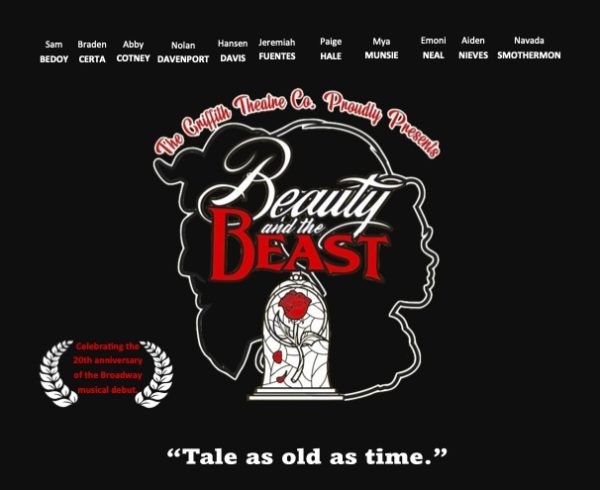February Is Black History Month

March 4, 2020
February is Black History Month. It’s the one month out of the year that the world has decided to dedicate to all of the African American singers, activists, writers, and other men and women of color who have accomplished more than most do in a lifetime. Influential people such as Rosa Parks, Martin Luther King Jr., and even Prince are all celebrated for the work they’ve done either for the greater good of the country or just for the people. This February, we continue the annual tradition of recognizing the central role of black people in U.S. history, specifically this year’s Black History Month 2020 Theme: “African Americans and the Vote”. United States President Donald Trump decided this year’s theme should be in honor of the centennial anniversary of the Nineteenth Amendment (1920) granting women’s suffrage and the sesquicentennial of the Fifteenth Amendment (1870) giving black men the right to vote.
Black History Month was created when a young historian named Carter G. Woodson decided there should be a week called “Negro History Week” after realizing that most of the important black historical moments in time had not been documented in school textbooks. The role of black people in American history had been neglected. This hit close to home for Woodson, as his father was a former slave, and celebrating the end of slavery, and people like Harriet Tubman who helped free slaves was very important to him. After much promotion of the idea to dedicate the second week in February to African Americans prominent in our history, “Negro History Week” was soon celebrated around the United States, with numerous teachers pushing for it to be exposed to students everywhere. Now, the second week in February has been expanded to the whole month. Countries around the world, such as Canada and the United Kingdom, are now setting aside a month to learn, honor, and celebrate the achievements of black men and women throughout history.
Black History Month was organized to be celebrated in the month of February to coincide with the famous birthdays of Abraham Lincoln and Frederick Douglass. These two men are very important in black history as they helped to abolish slavery and pass the Thirteenth Amendment. Lincoln was the president at the time and felt very strongly that colored people should have basic rights as humans, and Douglass published papers and campaigned for the rights that helped to free the slaves who needed to get out and have a chance at a better life. Abolishing slavery was the first step into granting African Americans the freedom they deserved, which is why Lincoln and Douglass are the main reasons we celebrate Black History Month in the first place.
“This is not just about honoring African Americans in history. It’s about showing other people how courageous black people acted in a world that was initially pitted against them. It displays the way the world should’ve been all along, and is just a reminder of how lucky we are to have had such brave people fighting for their basic liberties,” said sophomore Aaron Chambers.
This reminder that we have every February highlights the struggles, tribulations, and achievements of black people both past and present. It’s brought many to even look past African Americans and onto other racial and geographical barriers. February will always be known as the month that represents where we came from as a people, where we are now, and where we are going as a nation with a rich African American historical past. Celebrating it is more vital now than ever before, because we can now embrace what Black History Month truly means to us.










